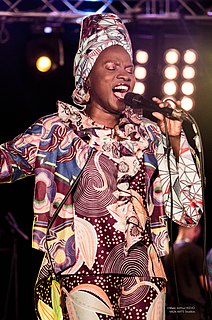A Quote by Richard Rodriguez
I came from a white middle class neighborhood. Was I expected to go back there and teach the woman next door about Renaissance sonnets? The embarrassing truth of the matter was that I was being chosen because Yale University had some peculiar idea about what my skin color or ethnicity signified.
Related Quotes
I would say this, I'll go back to those black ladies I was talking about who love them some Barack and love Michelle even more - and by the way, they are not middle-aged anymore, because I'm now middle-aged. So they're a little bit older. As fervent as they were, as excited and happy as they were when I was elected, they had to go to work the next morning. They still had trouble paying those bills. They might have still had a son who was in trouble with the law or couldn't get a job because of a felony record. They didn't stop being grounded.
Brown people and black people and red people swarmed through our great halls, until those who were white looked simply faded-out human beings beside them. Indeed, I came to see that white is not a color in skin any more than in textiles, and if it had not quality, it had no value even for humanity. I saw that color in skin had a certain advantage in strength and warmth as a means of beauty.
I was brought up in a very naval, military, and conservative background. My father and his friends had very typical opinions of the British middle class - lower-middle class actually - after the war. My father broke into the middle class by joining the navy. I was the first member of my family ever to go to private school or even to university. So, the armed forces had been upward mobility for him.
The tyranny of Harvard and Yale is another thing that transcends this problem of the set point. But what's so striking about [Louis] Brandeis is he had this vision of cultural pluralism that completely gave the lie to the idea that there was any inconsistency between being Jewish or being a woman or being African American and being fully American.






































